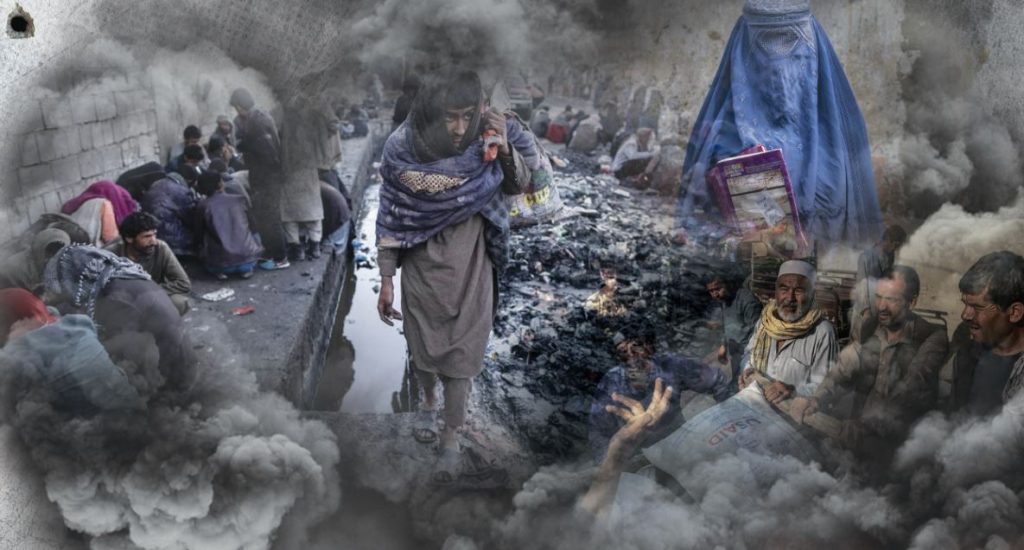The tragic story of Abdul Kabir, a young recruit from Bhutan Shareef in Tirah Valley, sheds light on the appalling realities faced by vulnerable individuals within extremist groups like the Khawarij. Kabir, driven to suicide by repeated abuse at the hands of those who claim to uphold religious principles, serves as a painful reminder of the manipulation and exploitation that define such organizations.
The subsequent abduction of his father and uncle to silence potential exposure of these crimes underscores the lengths these groups will go to conceal their inhumane practices.
Young recruits, lured under false pretenses of religious duty, are often subjected to severe abuse, including sexual exploitation. These atrocities are not isolated incidents but part of a systemic approach to control, coerce, and blackmail individuals into submission.
The use of blackmail material further entraps these victims, preventing their escape and perpetuating a cycle of fear and oppression.
It is crucial to recognize that the actions of such groups stand in stark opposition to the values of Islam, which emphasizes compassion, justice, and the protection of human dignity.
The exploitation of the innocent by those claiming to act in the name of religion is not only a betrayal of faith but also a grave violation of basic human rights. True Islamic teachings denounce such acts, advocating for the safety and well-being of all individuals, especially the vulnerable.
Awareness of these practices is essential to counter the spread of extremist ideologies and to protect at-risk populations. Governments, human rights organizations, and community leaders must work together to expose the realities of such groups and provide support to survivors.
Efforts should focus on education, outreach, and rehabilitation to prevent recruitment and ensure justice for those affected.
The story of Abdul Kabir is not just a tragedy; it is a call to action. By shedding light on these atrocities, we can empower communities to resist the influence of extremist groups and build a safer, more compassionate society.
Addressing these issues head-on is a vital step in breaking the cycle of exploitation and restoring dignity to those who have suffered. This awareness is crucial for fostering resilience and unity against the forces of extremism.


